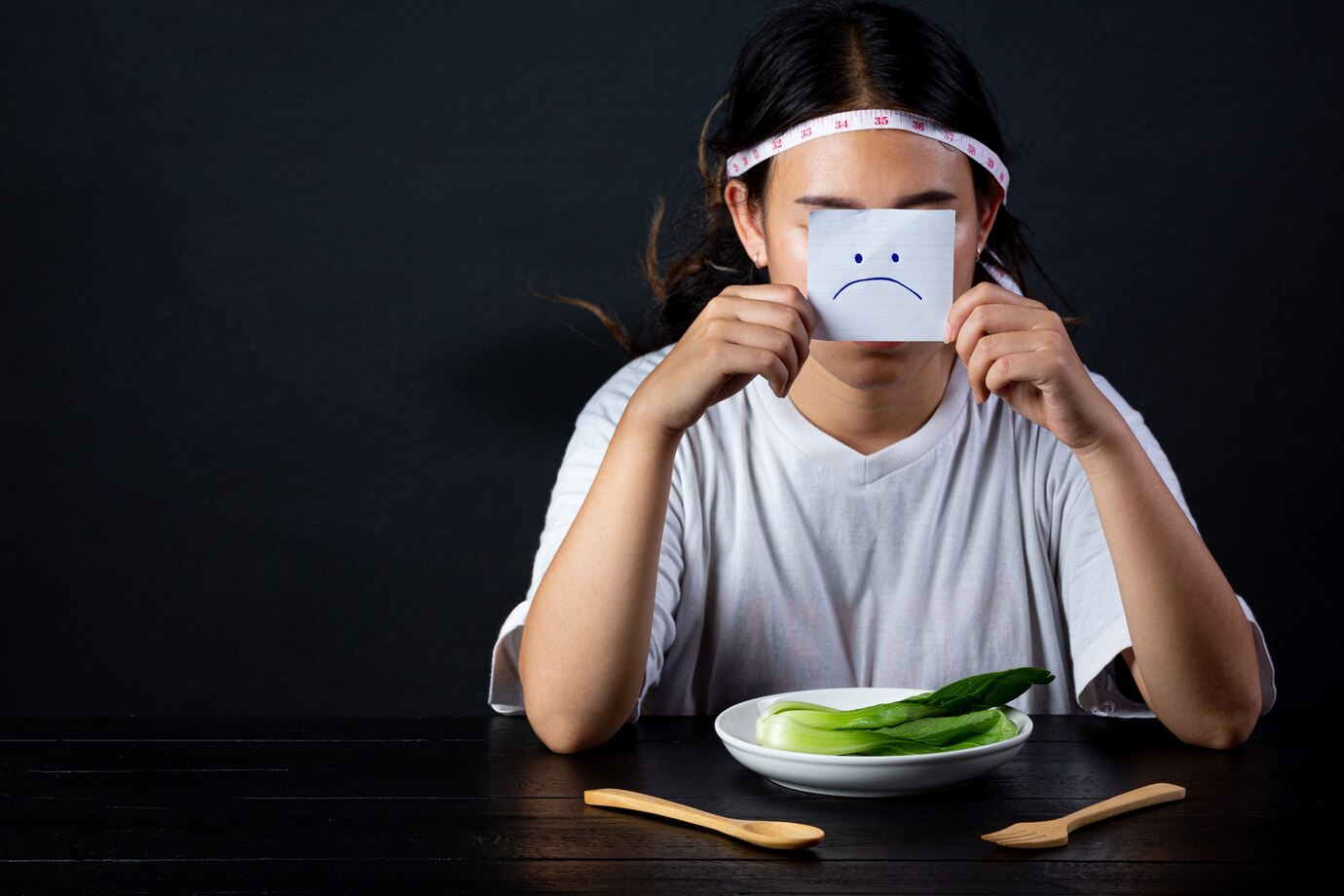Food intoxication, commonly known as food poisoning, occurs when a person consumes food contaminated with harmful toxins produced by bacteria, viruses, or other pathogens. These toxins can cause a range of symptoms, from mild stomach discomfort to severe health complications. Understanding food intoxication is essential to prevent illness and ensure food safety.
Causes of Food Intoxication
Food intoxication is primarily caused by consuming food that has been contaminated with harmful microorganisms or their toxins. The most common sources include:

1. Bacterial Toxins – Some bacteria, such as Staphylococcus aureus, Clostridium botulinum, and Bacillus cereus, produce toxins that can contaminate food and cause illness when ingested.
2. Contaminated Water – Consuming water that has been exposed to harmful bacteria or parasites can lead to foodborne illness.
3. Improper Food Handling – Poor hygiene, cross-contamination, and incorrect food storage can create an environment where bacteria multiply rapidly, increasing the risk of intoxication.
4. Spoiled or Expired Food – Eating expired or improperly stored food can expose the body to dangerous toxins that lead to illness.
Symptoms of Food Intoxication
The symptoms of food intoxication vary depending on the type of toxin and the severity of the contamination. However, common symptoms include:
Nausea and vomiting
Stomach cramps and abdominal pain
Diarrhea
Fever and chills
Weakness and dehydration
In severe cases, food intoxication can lead to neurological symptoms, difficulty breathing, and organ failure, especially in cases involving Clostridium botulinum (botulism).
How to Prevent Food Intoxication
Practicing good food safety habits is the best way to prevent food intoxication. Here are some essential tips to keep in mind:
1. Proper Food Storage – Store perishable foods in the refrigerator at the appropriate temperature (below 40°F or 4°C) to prevent bacterial growth.
2. Cook Food Thoroughly – Ensure that meat, poultry, seafood, and eggs are cooked to the recommended internal temperatures to kill harmful bacteria.
3. Maintain Cleanliness – Wash hands, kitchen utensils, and surfaces regularly to avoid cross-contamination.
4. Avoid Consuming Raw or Expired Food – Be cautious when eating raw seafood, undercooked meat, or dairy products that have been left out for extended periods.
5. Drink Safe Water – Always consume clean, filtered, or bottled water, especially when traveling to areas where water safety is uncertain.
Conclusion
Food intoxication is a serious health concern that can be easily prevented with proper food handling and hygiene practices. Understanding the causes and symptoms can help individuals take the necessary precautions to avoid contaminated food. By following food safety guidelines, you can protect yourself and your family from the risks of foodborne illnesses and enjoy meals with confidence.